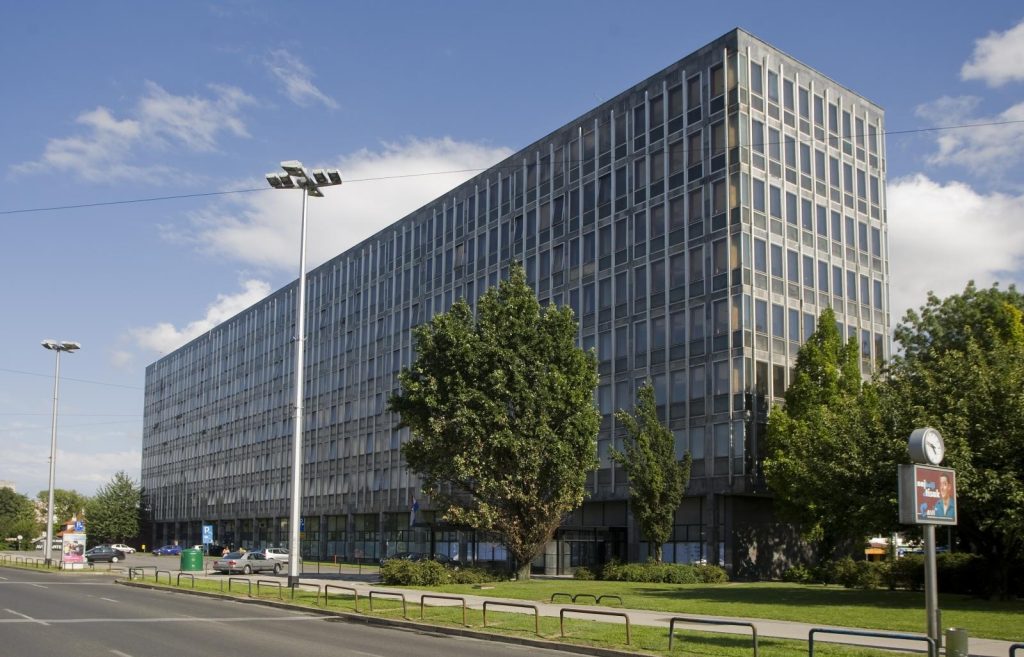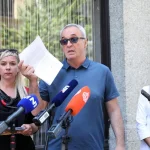“Croatia is updating its media legislation to transpose the Audiovisual Media Services Directive, with the revision of the Electronic Media Act to be adopted still in 2021. Concerns about the political independence of the Agency for Electronic Media persist,” the Commission said in the report.
Apart from concern regarding the independence of that the Electronic Media Agency which, among other things, is expected to deal with hate speech, the report says that lawsuits against journalists and media outlets also gives rise to concern,
“A legal framework for the protection of journalists is in place, but they continue to face threats. In particular, the high number of strategic lawsuits against public participation (SLAPPs) targeting journalists continues to be a serious concern. Access to information is ensured by law, but delays in the processing of requests from journalists persist.”
Zovko: Allegations from report expected
The president of the Croatian Journalists’ Association (HND), Hrvoje Zovko, commented on the allegations from the European Commission’s report regarding media pluralism and freedom in Croatia, describing them as expected.
“Unfortunately, several categories regarding media freedoms in Croatia have been criticized, including numerous verbal attacks by politicians against journalists and the media. We already have a culture of suing journalists and the media. SLAPPs are a new model of attacks against journalists, aimed at intimidating them and the media and imposing censorship, even destroying them,” Zovko said.
He recalled that according to an HND survey, there were 924 active lawsuits against journalists in Croatia in April, adding that the HND had been warning about this problem for years and stressing that this was the reason why Croatia was recognized as a problematic country.
He welcomed the initiative by the Ministry of Culture and Media to set up an expert working group to curb SLAPPs, adding, however, that its results were yet to be seen.
“The HND has been lobbying for quite some time for the decriminalization of slander and defamation. This could be the beginning of curbing violence against journalists and the media through lawsuits,” Zovko said.
Ministry of Culture and Media: Expert working group set up
In its comment to Hina on the part of the report concerning attacks on journalists and SLAPP lawsuits, the Ministry of Culture and Media said that similar concerns are raised in many countries and that the Ministry of the Interior responds to every complaint.
The Ministry has set up an expert working group after the European Commission adopted an action plan for European democracy, with the protection of journalists against SLAPP lawsuits as one of its main goals.
The working group includes representatives of the media sector, judiciary, lawyers, and the academic community. It has already begun work and one of its first steps is launching training for judges, lawyers, and journalists in cooperation with the Justice Academy.
After the first meeting of the working group, Minister Obuljen Koržinek stressed the importance of ensuring uniform case law and training of journalists and judges.
The Ministry said that media legislation and other laws based on which such lawsuits are brought will be improved and that co-regulation and self-regulation mechanisms would be established within the professions.
The national recovery and resilience plan will finance a system of public disclosure of information on media financing and the development of a network of fact-checkers to further contribute to transparency and trust in the media, the Ministry said.
Asked to comment on the claim by the European Commission that there are still doubts about the political independence of the Electronic Media Agency and the Electronic Media Council, the Ministry cited European models for the appointment of such bodies.
The Electronic Media Council is appointed by the Croatian parliament based on a proposal by the government following a public call. The appointment model is similar to the prevailing model in Europe. The appointment of Council members by parliament, instead of by the government, was introduced in 2009, with public consultations involving all relevant stakeholders, the Ministry said.
The Electronic Media Agency declined to comment, saying that the European Commission’s claim was not corroborated. It said that the process of appointment of members of the Electronic Media Council was the same as in all EU member states, given that they are appointed by parliament, government, a president, or a sovereign.
For more, follow our dedicated politics section.









